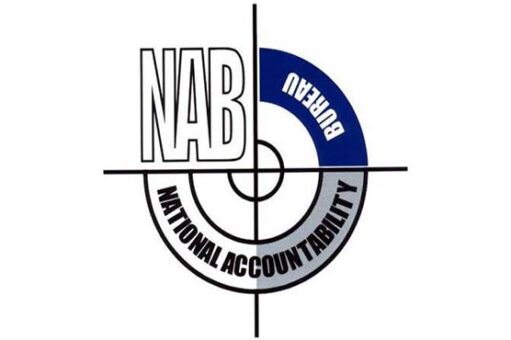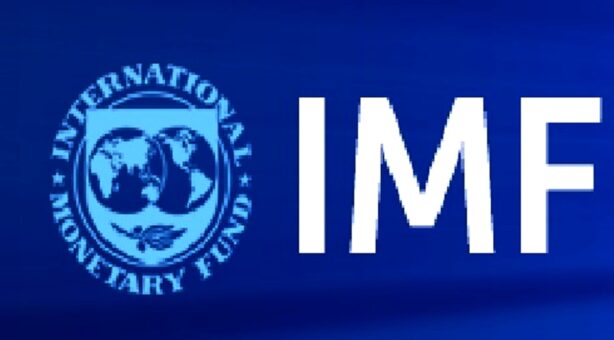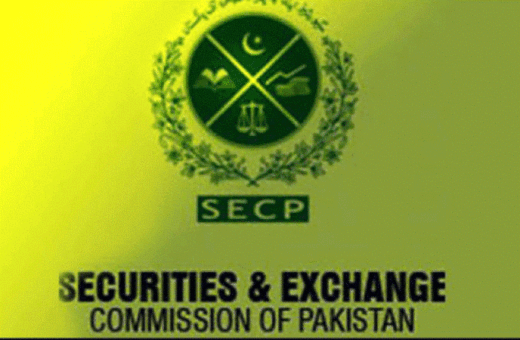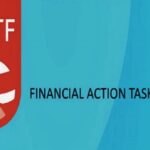ISLAMABAD: The total number of registered companies with Securities and Exchange Commission of Pakistan (SECP) has topped at 105,407 with addition of 1,392 new companies in September 2019, according to a statement issued on Friday.
The SECP registered a total 1,392 new companies in September 2019, raising the total number of incorporated companies to 105,407.
The incorporation in September 2019 comprises 69 percent private limited, 27 percent single member companies.
The remaining 4 percent companies include public unlisted companies, trade organizations, foreign companies, Limited Liability Partnership (LLP) and not for profit associations.
During the month, 51 new companies have been incorporated with foreign shareholders mainly from China, Denmark, Germany, Hong Kong, Japan, Korea South, Malaysia, the Netherlands, Nigeria, Poland Singapore, South Africa, Switzerland, Turkey, the UAE, UK the US and Yemen.
Digital solutions deployed by the regulator made companies registration and post incorporation compliance simple, faster and cost effective.
In September 2019, 96 percent of companies registered online through SECP’s eService and 50 percent of companies incorporated the same day.
Most importantly, 85 foreign applicants completed registration of companies from overseas using eService.
In new registrations, trading sector took lead with 239 companies, construction and services with 173 each, information technology with 148, tourism with 79 and real estate development with 54 companies.
Similarly, 52 companies were registered in food and beverages, 48 in education 38 each in engineering and textile, 37 in corporate agricultural farming, 32 in marketing, 24 in transport, 21 in healthcare, and pharmaceutical each, 20 in communication, 17 companies registered in logging.
Moreover, 16 companies were each from chemical, auto and allied, cosmetics and toiletries, and steel and allied sector and 15 each, power generation with 13, broadcasting and telecasting with 12 and 92 companies were registered in other sectors.
During the month, the highest numbers of companies i.e. 503 were registered in CRO Islamabad.
The CROs in Lahore, Karachi, Peshawar, Multan, Faisalabad, Gilgit-Baltistan, Quetta, and Sukkur registered, 413, 247, 78, 69, 40, 28, 12 and 2 companies respectively.
The increasing trend in online registration of companies demonstrates success of reforms and digitalization recently undertaken by SECP. It is to emphasize that through SECP’s eService, registration of a company is now a simple one-step procedure that can be completed within four working hours.
The steps of company name reservation, incorporation application, appointment of Chief Executive Officer are now merged. By providing additional information in online company incorporation form, a company can also get registration with FBR, EOBI and provincial social security, labor department and excise & taxations departments of Punjab and Sindh.
Moreover, the browser compatibility of SECP’s eServcies portal has also been improved to match with all commonly used browsers.






